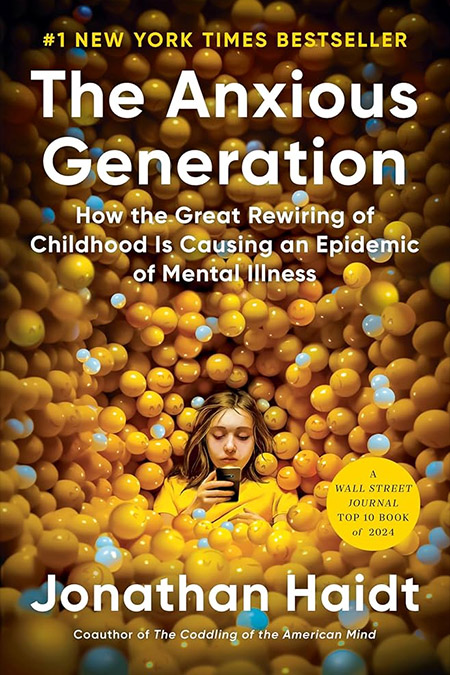

Improving wellbeing through healthier relationships with technology
Technology shapes every part of life, from focus and rest to the way we connect. At Virtual Wellness New Zealand, we explore the science of digital wellbeing, helping you understand your tech use, restore balance and develop healthier digital habits.
Welcome. I hope you enjoy exploring the site and discovering ways to take greater control of your digital life, supported by insights from health psychology and lived digital experience.
— Neal Thompson, MSc Health Psychology — Founder & Former Professional Gamer
By managing screen time, curbing late-night scrolling, and making mindful spending choices, we can feel more energetic, connected and in control of our time and finances.
Learn how to protect yourself from online risks such as scams, sextortion and identity deception and navigate the digital world with confidence.
Excessive internet use can show up in various ways. Take our free, anonymous self-assessment quiz to see if reducing your screen time could be helpful.
QuizRead the latest New Zealand and overseas media articles on the risks and dangers associated with excess screen time.
The latest research on Internet Addiction (IA) and Internet Gaming Disorder (IGD). This research highlights the importance of managing excessive screen time.
View video interviews, documentaries, panels and talks that explore screen-time balance — from real-world stories to expert insights.
WatchEach book offers a different lens on digital wellbeing: whether you’re curious about the brain’s reward system, the impact of social media, or self-regulation in the digital era.
Guest speaker bookings are available at your next event, podcast or webinar on a range of digital wellbeing related topics.

As this 60 Minutes report discovers, you can have too much of a good thing. What's being called “Internet Addiction Disorder” is ruining lives and even changing the way our brains process information. Worse still, experts are seeing dangerous signs in toddlers.
Read More
Video games have become so good, and provide such a sensory smorgasbord of action and colour, that children are becoming dangerously addicted. They’re playing for days on end, to the exclusion of everything else in their lives, including school, friends and family.
Read More
In The Anxious Generation, social psychologist Jonathan Haidt presents more than a dozen mechanisms by which this “great rewiring of childhood” has interfered with children’s social and neurological development, covering everything from sleep deprivation to attention fragmentation, addiction, loneliness, social contagion, social comparison and perfectionism.
Read More
This systematic review synthesised evidence on the influence of social media use on depression, anxiety and psychological distress in adolescents. All domains correlated with depression, anxiety and psychological distress.
Read More
New Zealand should copy the Australian ban on social media for children under 16, a public health researcher says. The Australian government said it would pass a law banning social media for children under 16. Prime Minister Anthony Albanese announced yesterday that a bill will be introduced to parliament within weeks.
Read More
As the world digitises, children and adolescents are increasingly using digital technologies. These devices offer benefits such as exposure to social contacts and support, potential learning opportunities and access to health promotion material. However, along with these benefits, emerging evidence is indicating that frequent, extended use of digital devices is associated with negative impacts on the health and wellbeing of children and adolescents.
Read MoreWe greatly appreciate your feedback on this website and would like to know what information you found useful and what services you would like to see next. Please take a couple of minutes to let us know.
survey